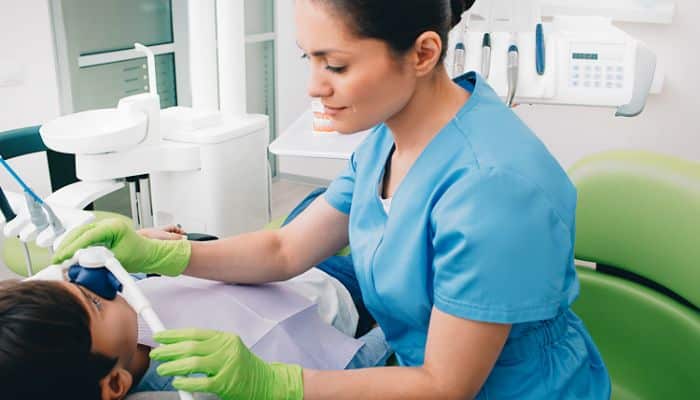What Should I Eat and Drink Before Conscious Sedation?
Sedation is a requirement for many medical procedures, as it keeps you comfortable while letting the doctor or surgeon do their work. You can’t typically eat before sedation, but it depends on the type you’ll have. Check with your doctor before every procedure to know whether you can eat and drink before conscious sedation — the answer may vary depending on the surgery and your personal history.
You should always go into a medical procedure knowing what will happen to you and the outcome. Having those guidelines ahead of time can help you plan your hours or day following the sedative period. When in doubt, talk to your doctor.
What Is Conscious Sedation?
You likely know that almost every medical procedure requires some sedation. When people talk about “going under,” they mean the unconscious sedation that allows doctors time to work on a patient without worrying whether they’re feeling it. On the other hand, conscious sedation is when someone remains awake during a medical procedure but is sedated enough not to feel the pain and may or may not be able to respond to questions.
To understand how sedation works, you must know which kinds leave you awake — those are the ones you want to focus on. Your diet will differ depending on the type used, so you must understand the distinctions or you won’t know if you can eat or drink before your procedure.
Here are a few different types of conscious sedation you might be familiar with:
- IV sedation: Because this sedation medication goes directly into your veins, it’s only used for intensive practices. It has stricter dietary restrictions than other types of conscious sedation.
- Local anesthesia: When a dentist inserts a needle into your gums, you start to feel numb and can only feel pressure from the work on your teeth. Only a little needs to change about your diet with this anesthesia.
- Nitrous oxide: Often known as “laughing gas,” this easy sedation keeps you relaxed and eases anxiety using a mask. You want to avoid too much food under this type of sedation but don’t need to avoid meals altogether.
Your doctor should tell you more about when and what you can eat. If they don’t, talk to them to ensure you follow the best practices. It could take anywhere from half an hour to an hour before you start feeling the effects of the sedation medication. Doctors often review individual patients and may tell them not to eat if they expect complications.
What Can You Eat and Drink Before Conscious Sedation?
Generally, drinking clear liquids is OK before sedation, but depending on what your dentist says, you may have to alter your diet. You’ll want to avoid dairy products before your procedure, including solids and liquids like cheese and milk. They might weigh heavily on your stomach and make you more nauseous when medicated, so ask your doctor if they should be avoided altogether. Here are some foods you might be able to eat so you’re not going into your sedation on an empty stomach.
1. Light Foods
Some light foods, like toast and crackers, might be a good idea for most types of conscious sedation. They can fill you easily but are also digestible enough not to cause many problems during sedation. They’re also rather bland, so they won’t upset your stomach or leave you feeling off before your procedure.
2. Fruit
Fruit can be a good light snack before undergoing a dental procedure. It might be filling enough that you don’t focus on how hungry you are — and it might be less tempting to reach for something to eat right after dental work, which might be detrimental to your mouth. Eating fruit can also help eliminate plaque from your teeth, giving you a healthier, shinier smile.
3. Yogurt
Yogurt is an excellent light food option. Plus, it has more health benefits than just satisfying your hunger. It can help restore good bacteria that an antibiotic might kill off after intensive surgery. This delicious snack can boost your immune function and mood when needed. Even better, it can help you feel more energized when you need something to pick yourself up.
4. Anything Bland
You don’t have to eat an entirely bland meal before your procedure. However, foods full of sugar and spice might upset your stomach and make you nauseous once you’re sedated. Stick to grains or light proteins, like chicken without much seasoning. Ask your doctor if they have any recommendations for which meals have been best for patients in the past. You can eat and drink before conscious sedation, but you must be careful about what you put into your system and when.
How to Stomach Sedation
Eating ahead of time, if your medical procedure allows, can help you feel full without adding to the nausea of an empty or overfilled stomach. It can also help you stave off hunger afterward, which could be helpful when you can’t eat for a few hours following certain surgeries.
One of the first things you should sort out is whether you can eat or drink before conscious sedation and how many hours you may need to abstain from food. Your situation may differ from others of the same type. Always consult your doctor before making a decision — it’ll help the process speed along while also ensuring you don’t face any setbacks on your path to recovery.



Comments are closed.